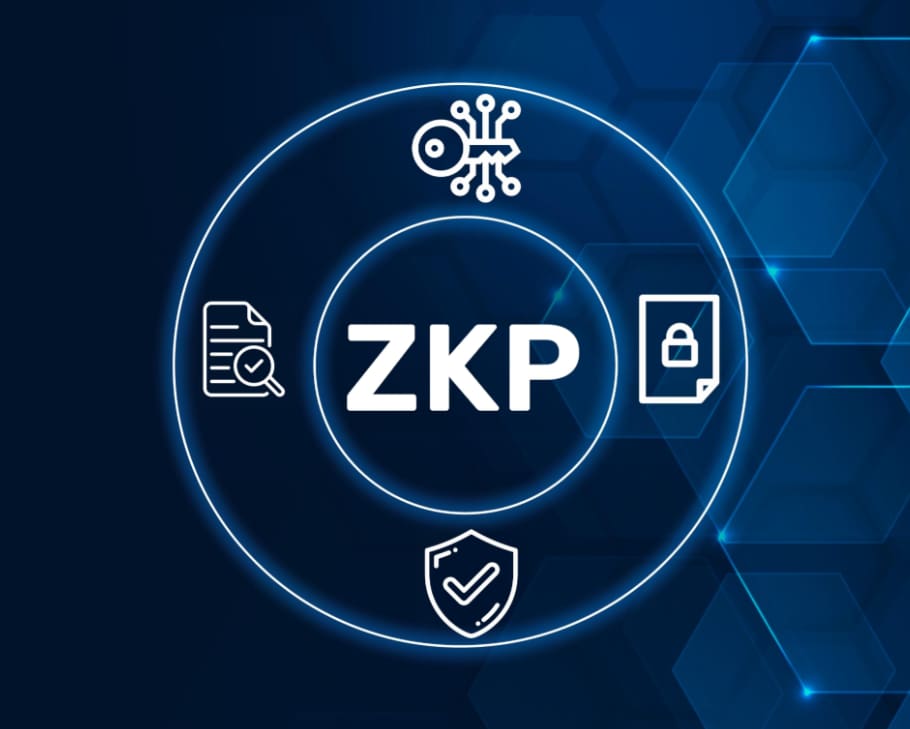Brevis introduces Pico v1.0, a new zero-knowledge virtual machine 
![]() Cryptocurrency Feb 11, 2025 Share
Cryptocurrency Feb 11, 2025 Share
Brevis, an off-chain computation engine, has launched Pico v1.0, a new zero-knowledge virtual machine (zkVM), according to the most recent reports shared with Finbold on February 11.
Unlike traditional zkVMs, Pico allows developers to customize all layers, from prime fields and proving systems to workflows, coprocessor integrations, and access to historical on-chain data.
Pico v1.0 zKVM
Approaching zkVMs modularly, Pico delivers 84% to 155% faster computation on central processing units (CPUs), with graphics processing unit (GPU) acceleration announced with future updates.
Picks for you
Here's why Anthony Scaramucci is a 'much bigger Solana fan than Ethereum' 1 hour ago DeepSeek AI names the two cryptocurrencies that will win in 2025 18 hours ago ChatGPT says Litecoin (LTC) will hit this target by Q1 2025 21 hours ago Will gold finally hit $3,000 this week? 21 hours ago
Central to this approach is the so-called “glue-and-coprocessor” architecture, which blends a general-purpose zkVM with high-performance specialized circuits.
Instead of relying on precompiled functions, Pico offers app-specific circuits to help developers integrate custom coprocessors or precompiles tailored specifically to their needs.
So far, the result has been a 35X speed boost for historical blockchain data processing.
Customizable proving system
Pico also introduces a customizable proving system that allows for domain-specific proof structures to accommodate specialized languages and custom proof systems without core code alterations.
Michael Dong, Co-founder of Brevis, commented on the customization potential of the new model, stating:
“Pico represents a shift in how zkVMs are designed and deployed. Bringing a modular, app-aware zkVM with built-in zkCoprocessors, we’re optimizing performance and creating a never before seen level of customization in verifiable computation for Web3.”
In addition to the customizable proving system, Pico’s ProverChain introduces a customizable proving workflow, which optimizes scalability by allowing developers to adjust proving steps or bypass unnecessary proof compression steps when verifying off-chain.
Moreover, Pico supports RISC-V, an open-source instruction set architecture, and the Rust programming language.
Brevis adoption
A number of Web3 projects, such as Kwenta, Usual, Algebra Labs, JoJo Exchange, and Trusta, have already embraced Brevis solutions on their mainnets.
Others, such as PancakeSwap, Celer, Frax, Gamma, Quickswap, Mask Network, and Kernel, have also announced they would be leveraging Brevis technology for their upcoming projects.
As the demand for verifiable computing in Web3 grows, Pico’s modular approach may see even more widespread adoption in the industry.

